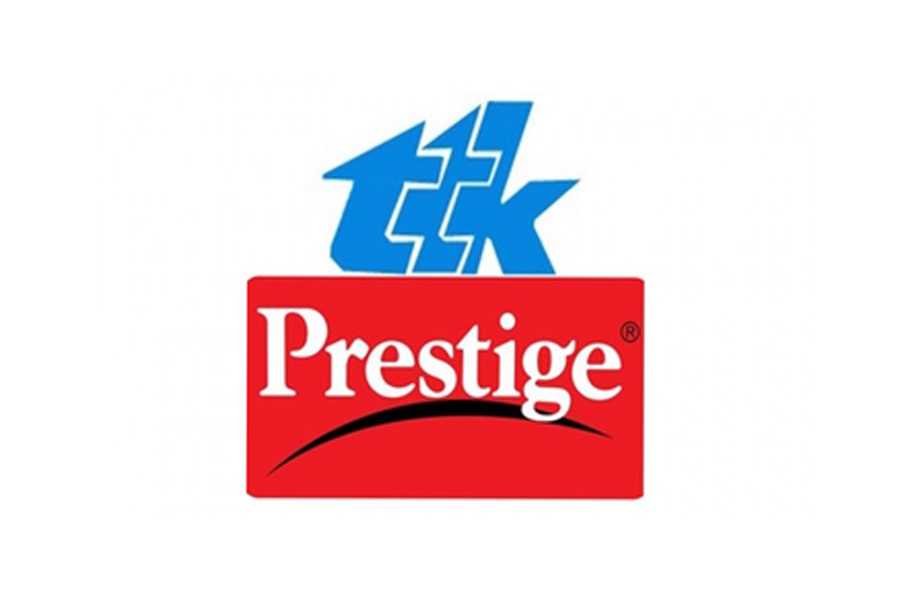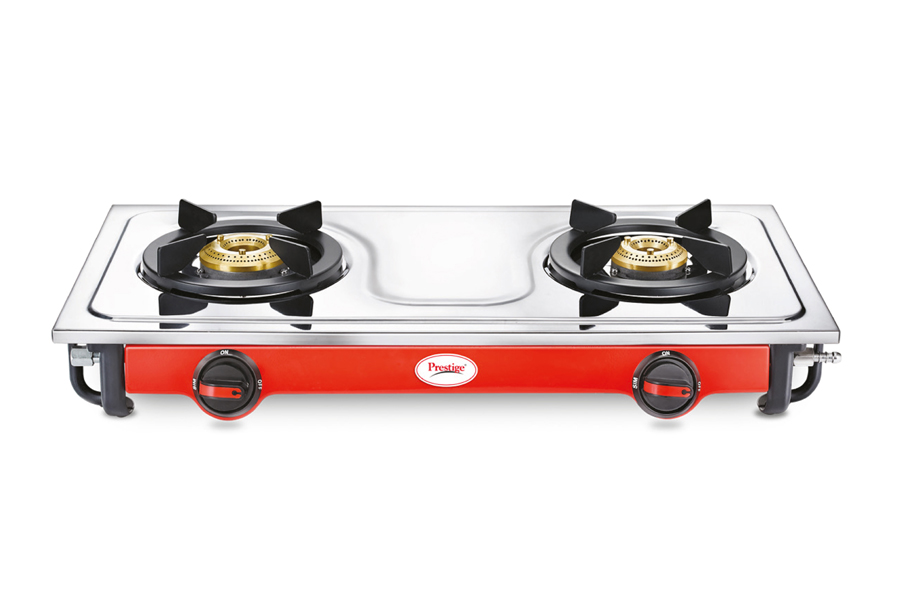Afghan Fruit Virtual Business Matchmaking Event Hosted in India

Afghanistan’s fresh fruit exports to India increased by over 250 percent in 2020
Mumbai, Maharashtra, [India]: The Consulate General of the Islamic Republic of Afghanistan in Mumbai, in association with the United States Agency for International Development (USAID), U.S. Department of Commerce’s Commercial Law Development Program (CLDP), World Trade Center Kabul, World Trade Center Mumbai, Afghanistan Chamber of Commerce and Investment, and Indian Chamber of International Business (ICIB) hosted the Afghan Fresh Fruits – Virtual B2B Matchmaking Event on June 28, 2021. The program focused on promoting the trade of Afghan fruits to India among those already experienced in international trade; 46 Indian importers and 36 Afghan exporters participated in the session.
Consul General of Afghanistan in Mumbai Ms. Zakia Wardak, the first woman to hold her post, shared that “Surprisingly, even amidst the pandemic, bilateral trade is growing significantly. Last year, overall trade increased by five percent. Afghanistan’s fresh fruit exports to India increased by over 250 percent in 2020. Fresh and dry fruit contribute over 50 percent of Afghan exports to India. By hosting these types of business matchmaking events, we are determined to increase the trade between both sides to US$ 2 billion over the next three years.”
During the keynote address, Mr. Shah Masood Arghandabi, Director of Export Promotion, Minister of Industry and Commerce from Afghanistan, remarked, “Last year. trade between both sides reached nearly US$ 1.33 billion (with India’s exports to Afghanistan worth US$ 858 million, and imports from Afghanistan worth US$ 514 million). Significant progress has come as a result of bilateral and multilateral trade agreements signed between both countries. Afghanistan annually produces over 1.5 million metric tons of fresh fruit, including apples, apricots, pomegranates, grapes, cherries, and melons. India, as the world’s fastest-growing economy, is the best market for Afghanistan quality products.”
The Consulate of Afghanistan in Mumbai is planning a similar virtual dry fruit business matchmaking event towards the end of August 2021.




